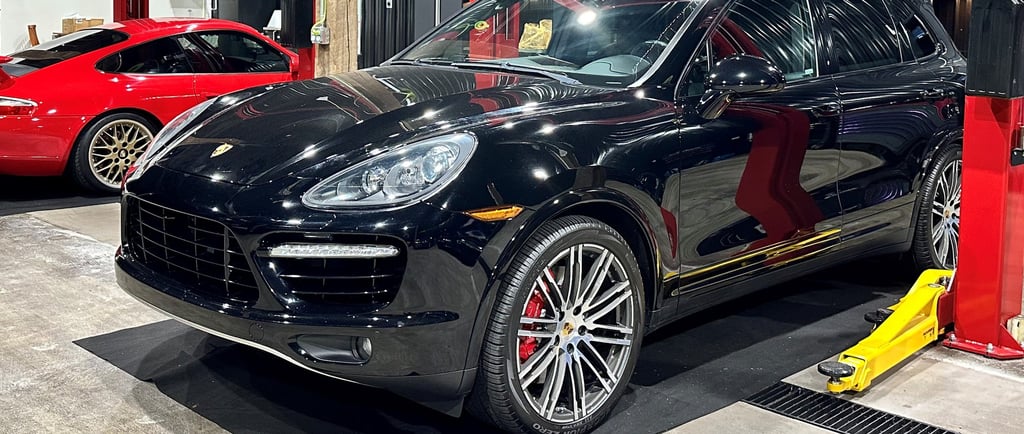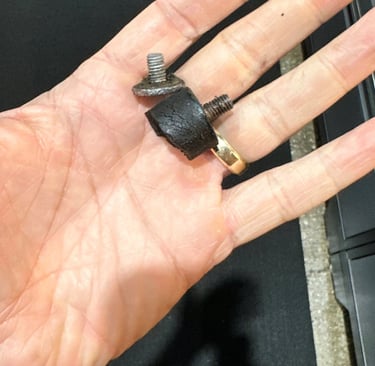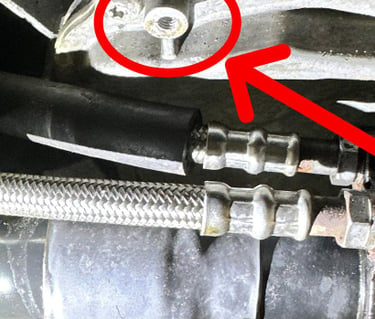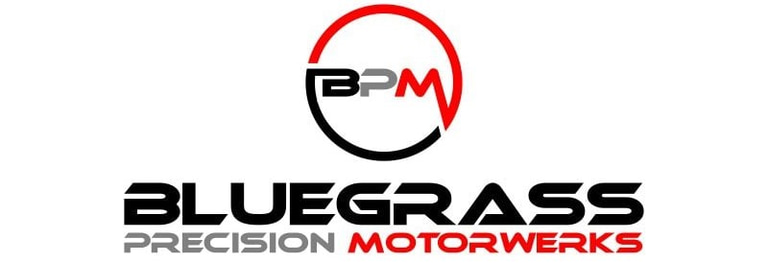

Solving the PDCC Vibration Noise Issue on Porsche Cayenne: Insights from Bluegrass Precision Motorwerks
Porsche Cayenne owners expect a luxury SUV that delivers both powerful performance and a smooth, quiet ride. However, some Cayenne models develop a noticeable vibration noise linked to the PDCC (Porsche Dynamic Chassis Control) system. At Bluegrass Precision Motorwerks, we have extensive experience diagnosing and repairing this issue. Read on to learn more about PDCC, the causes of this vibration noise, and how our skilled technicians solve this problem.
What is Porsche Dynamic Chassis Control (PDCC)?
The Porsche PDCC is a high-tech suspension system that minimizes body roll during cornering. This feature makes the Cayenne handle better on the road and keeps your ride smooth. PDCC uses hydraulic pressure to adjust each axle, keeping the vehicle level and stable. But, like any advanced system, PDCC requires regular maintenance and expert care, especially when it starts to develop issues like vibration noise.
Common Symptoms of PDCC Vibration Noise in Porsche Cayenne
Porsche Cayenne owners who experience PDCC-related vibration noise often notice:
A low humming or vibration through the steering wheel, seats, or pedals.
Increased vibration during cornering or on uneven roads.
A noticeable rumble or hum when the vehicle is under moderate load or at specific speeds.
If these symptoms sound familiar, it’s likely due to an issue with the PDCC system. Our team at Bluegrass Precision Motorwerks has identified specific causes and effective solutions for this problem.
Our Discovery: Broken Rubber Buffers on the PDCC High-Pressure Line
During our work on Porsche Cayenne models at Bluegrass Precision Motorwerks, we discovered that one of the main causes of PDCC vibration noise is a failure of the rubber buffers that secure the PDCC high-pressure line to the engine. These buffers hold the high-pressure line in place and help absorb vibrations.
The most common reason these buffers fail is during routine oil changes. Here’s why:
Oil Filter Access: To reach the engine oil filter, the high-pressure line must be carefully moved. Unfortunately, this can sometimes put too much stress on the rubber buffers, causing them to break.
Resulting Vibration: When these buffers break, the high-pressure line is no longer held securely, causing it to vibrate against other parts of the engine and creating the noise.
Note: There will always be some level of vibration at the PDCC feed line connection to the reservoir. Porsche has deemed this level of vibration "normal" and not indicative of a system problem. However, more pronounced or unusual vibrations should be investigated.
Additional Common Causes of PDCC Vibration Noise
In addition to broken rubber buffers, other issues can lead to PDCC vibration in Porsche Cayenne models:
Low or Degraded PDCC Fluid: Low fluid levels can create air pockets (cavitation) in the hydraulic system, resulting in noise.
Worn Hydraulic Pump: Over time, the PDCC pump may wear, leading to inconsistent pressure and increased vibration.
Our PDCC Repair Process at Bluegrass Precision Motorwerks
At Bluegrass Precision Motorwerks, we specialize in diagnosing and repairing PDCC issues in Porsche Cayenne SUVs. Our process includes:
Inspection of Mounting Hardware: We carefully inspect the rubber buffers and other mounting hardware that secure the high-pressure line and other PDCC components. If any parts are broken, worn, or misaligned, we replace or adjust them to reduce vibration.
Fluid and Pump Assessment: We check the PDCC hydraulic fluid to ensure it’s at the correct level and replace it if needed. We also inspect the pump to ensure its functioning properly, as these can degrade over time.
Careful Handling During Maintenance: We take special care when working around the high-pressure line during oil changes, minimizing stress on the rubber buffers and other parts to avoid future issues.
Tips for Preventing PDCC Vibration Noise
To keep your Porsche Cayenne in peak condition, here are some maintenance tips:
Regular Fluid Checks: Check the PDCC hydraulic fluid levels and replace the fluid every 60,000 miles or as needed.
Proper Handling During Maintenance: Make sure any technician working on your Porsche Cayenne is aware of the PDCC high-pressure line and rubber buffers, especially during oil changes.
Address Noise Early: If you notice any new vibration or noise, it’s best to have it inspected by a Porsche repair specialist before it turns into a larger issue.
Why Choose Bluegrass Precision Motorwerks for Porsche Repair?
At Bluegrass Precision Motorwerks, we specialize in Porsche maintenance and repair, including solving PDCC issues for Porsche Cayenne owners. With our experience and knowledge of luxury and performance vehicles, we understand the importance of keeping your vehicle’s advanced systems like PDCC working flawlessly.
If you’re experiencing PDCC vibration noise or any other Porsche Cayenne issue, contact us at Bluegrass Precision Motorwerks. Our expert technicians are here to ensure your Porsche Cayenne drives as smoothly and powerfully as it should.




